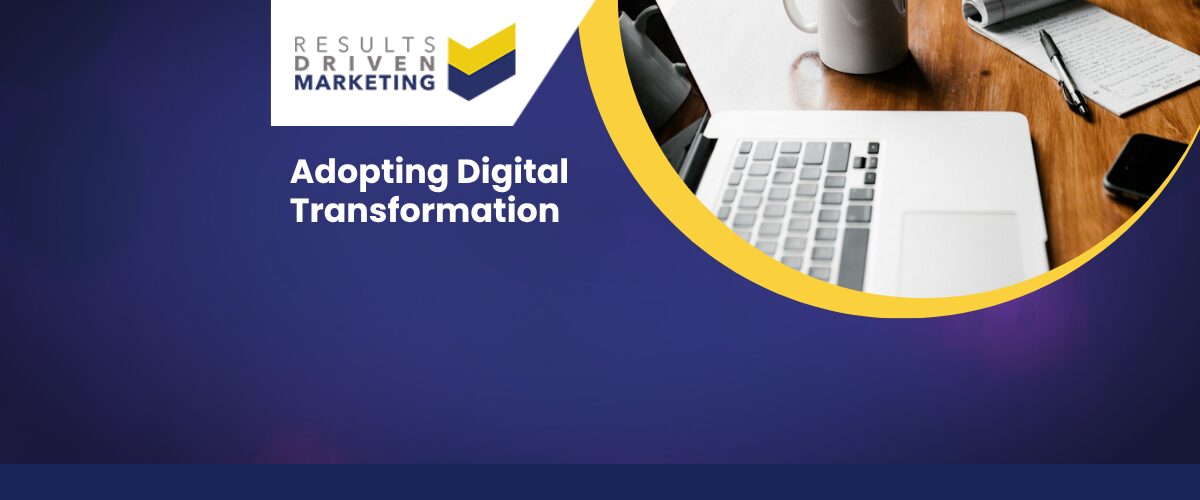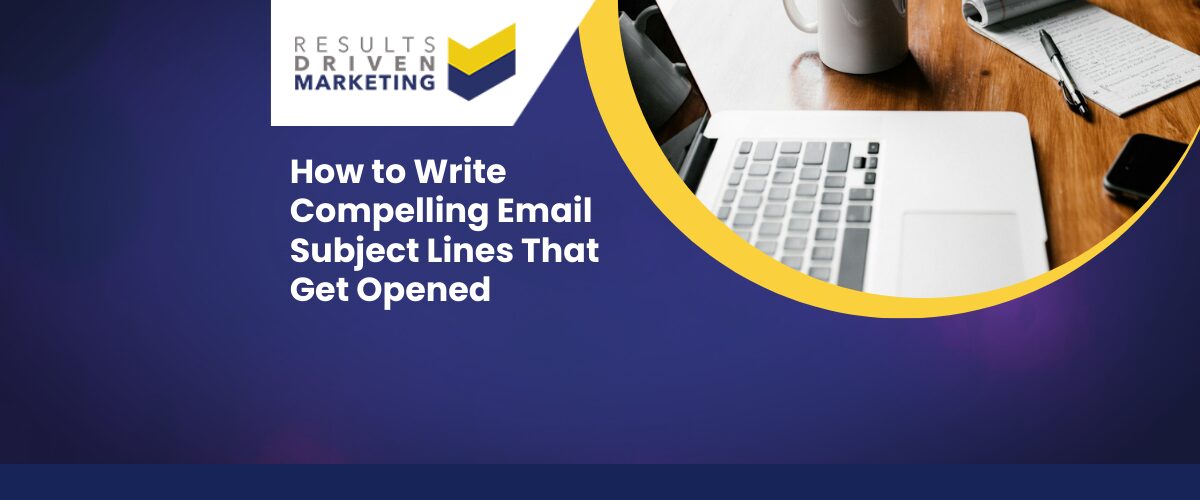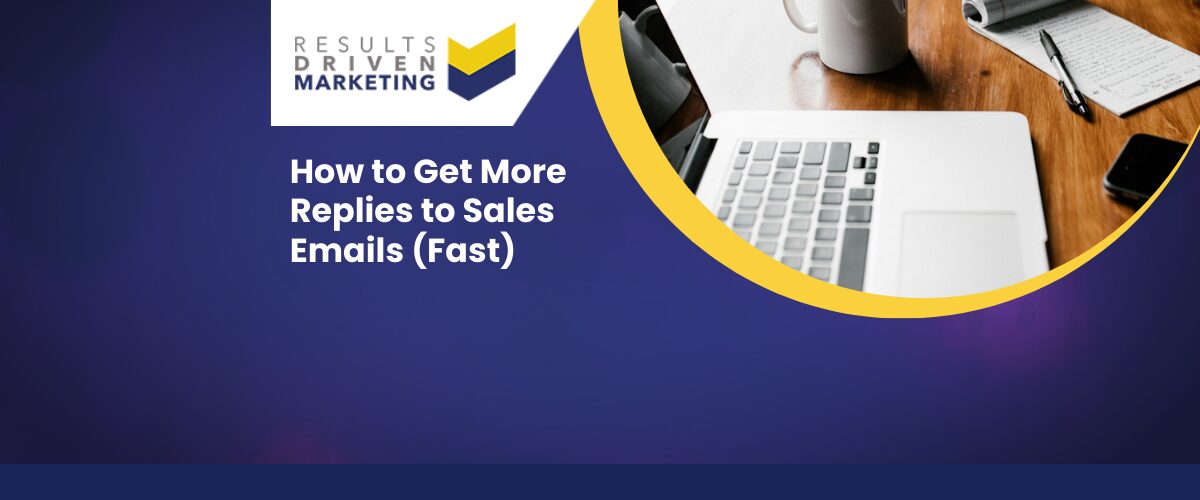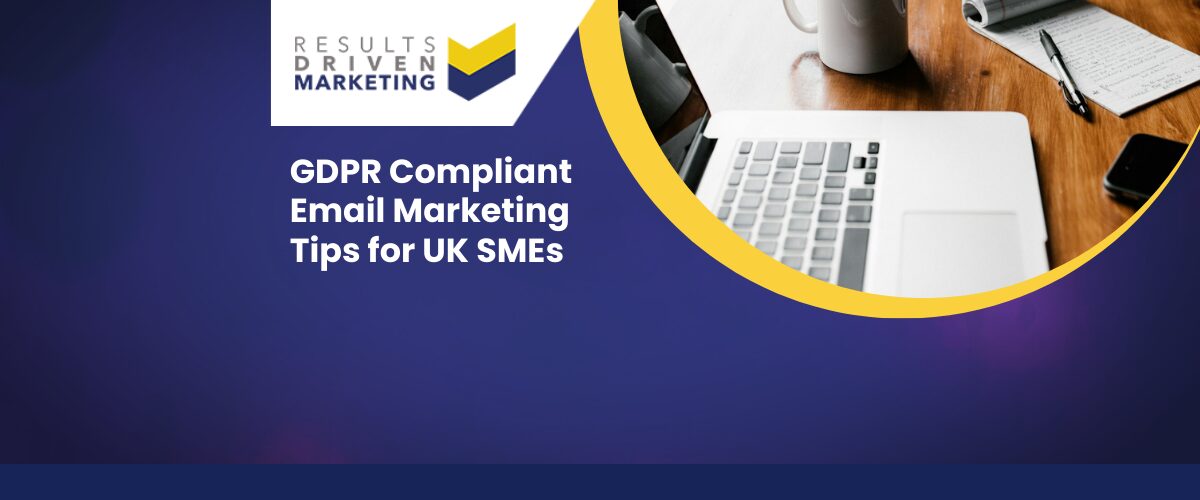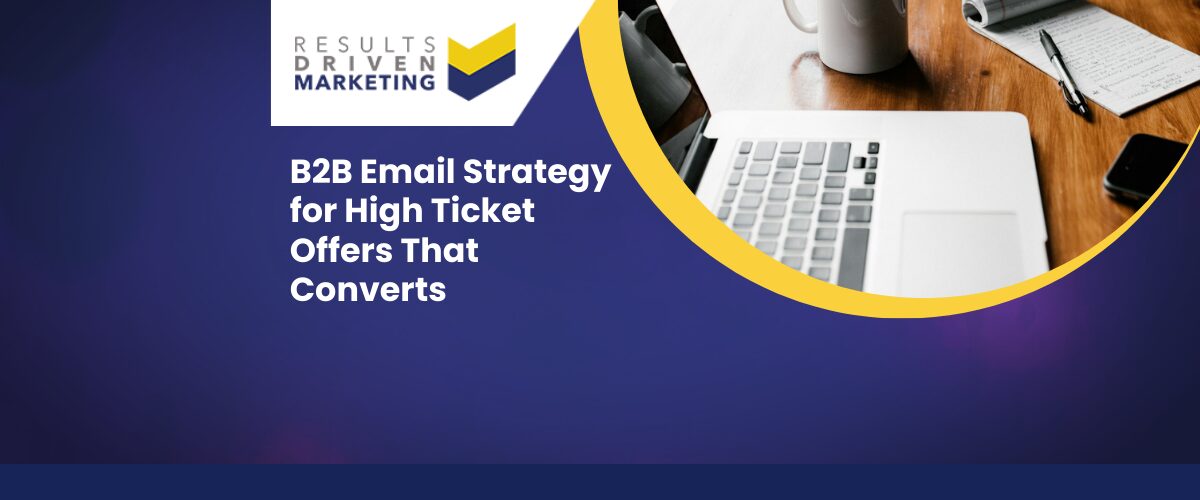
B2B Email Strategy for High Ticket Offers That Converts
B2B email strategy for high ticket offers isn’t about blasting out emails and hoping for replies. When you’re offering services or solutions worth thousands, your outreach needs to be smarter, more personalised, and entirely focused on building trust with the right decision-makers.
For many UK SMEs using purchased B2B data, the challenge isn’t just finding leads — it’s nurturing them in a way that feels relevant and credible. Generic messaging, poor timing, or unclear value can easily turn a promising contact into a lost opportunity.
In this guide, we’ll walk you through a results-driven B2B email strategy tailored specifically for high ticket offers. You’ll learn how to segment your data, structure your emails, personalise at scale, and track what really matters. Whether you’re selling consultancy, software, or specialist services, this is your roadmap to turning cold outreach into meaningful conversations — and ultimately, closed deals.
Table of contents:
Why High Ticket Sales Need a Different Email Strategy
Selling a £10,000+ solution via email isn’t the same as promoting a free trial or a low-cost product. A successful B2B email strategy for high ticket offers requires patience, personalisation, and a clear focus on value — not volume.
💼 You’re Selling Trust, Not Just a Product
At higher price points, buyers aren’t making impulsive decisions. They need to believe in your credibility, understand your offer’s value, and feel confident that you’re the right choice. Your email strategy must reflect that.
⏳ The Sales Cycle Is Longer
High ticket deals often involve multiple stakeholders, longer lead times, and more complex objections. Your emails need to support this extended process — nurturing interest over time, not pushing for instant conversions.
🎯 Relevance Is Everything
Generic outreach falls flat. Decision-makers expect emails that speak directly to their sector, challenges, or goals. The more relevant your message, the more likely they are to engage — especially if you’re starting from a cold data list.
Ultimately, selling high-value B2B services by email is about building a relationship — one subject line, one sentence, and one value-led message at a time.
Foundation: Who You’re Targeting and Why
Before writing a single line of copy, the first step in any B2B email strategy for high ticket offers is getting ultra-clear on your audience. When the value is high, relevance is non-negotiable.
🎯 Segment Your Purchased B2B Data
Not all contacts are equal. The more accurately you segment by:
-
Job title (decision-maker vs. influencer)
-
Sector (industry-specific pain points)
-
Company size (budget and buying process)
…the more personalised — and effective — your emails will be.
🧠 Tailor Messaging to What They Care About
High ticket buyers don’t want fluff. They want:
-
Evidence that you understand their world
-
Clear outcomes (time saved, revenue gained, risk reduced)
-
A reason to trust you over the alternatives
Your email should make it immediately obvious that you’ve done your homework — even if you’re working from a cold list.
📈 Understand Their Buying Journey
How long does it typically take for your ideal client to make a decision? Who else is involved? What’s the risk if they choose wrong?
These factors shape your strategy — including how many emails to send, what tone to use, and when to escalate to a call or meeting.
With the right data and clear audience insight, you’re no longer cold emailing — you’re starting a relevant, well-informed conversation.
Structuring the Campaign: What to Send and When
Once your targeting is dialled in, it’s time to build a structured outreach sequence. A strong B2B email strategy for high ticket offers doesn’t rely on one email — it uses a series of carefully timed messages to build interest, credibility, and momentum.
Email 1 – The Hook
-
Keep it short and to the point
-
Highlight a common pain point or opportunity based on the recipient’s sector or role
-
Focus on outcomes (e.g., “save 20 hours/month”, “increase conversion rates”)
-
End with a soft CTA — e.g., “Worth a quick chat?”
Goal: Get attention and a response, not a sale.
Email 2 – The Value Add
-
Share an insight, stat, or short commentary that positions you as helpful and credible
-
Could be industry-specific trends, ROI stats, or a brief success example
-
Keep the tone helpful, not pushy
Goal: Nurture interest and show you understand their world.
Email 3 – The Proof
-
Introduce social proof: short testimonial, named client, or a relevant result
-
Emphasise relevance: “We helped a similar business achieve X”
-
Optional: link to more detail or offer to send a case study
Goal: Build trust and reduce risk in their mind.
Email 4+ – The Follow-Up Cadence
-
Send 1–2 more emails over the next 1–2 weeks
-
Use varied tones — one casual, one direct
-
Switch up your CTA:
-
“Is this relevant?”
-
“Are you the right person?”
-
“Would it make sense to connect?”
-
Goal: Re-engage those who didn’t reply and confirm fit.
When you follow this structure with clear, data-informed targeting, your email sequence doesn’t feel like a cold pitch — it feels like a relevant offer, delivered at the right time.
Personalisation and Relevance at Scale
Effective B2B email strategy for high ticket offers hinges on one thing: relevance. But when you’re working with large purchased lists, how do you make each message feel personal without writing every email from scratch?
🏷️ Use Segmentation to Guide Messaging
Split your list by:
-
Industry or sector
-
Job title or function
-
Business size or location
Then, tailor each email variant to speak to that group’s specific challenges and priorities.
🧩 Personalise Key Elements Only
Focus on:
-
Subject line
-
Opening sentence
-
CTA relevance (e.g., “We help digital agencies…” vs. “We help logistics firms…”)
These tweaks alone can significantly increase response rates.
🔁 Use Templates With a Human Touch
Templates help with consistency and speed, but they should still feel conversational. Avoid jargon, be direct, and write like a real person.
With smart segmentation and minimal tweaks, you can scale outreach while keeping it personal and relevant.
Common Mistakes with High Ticket Email Campaigns
Even the best B2B email strategy for high ticket offers can fall flat if you overlook a few key pitfalls. These mistakes are easy to make — but they’re also easy to avoid.
❌ Going for the Sale Too Soon
Pushing for a call or demo right away can scare off a high-value lead. Focus on building interest and credibility first.
❌ Using Generic Templates
If your emails sound mass-produced, you’ll lose trust instantly. Tailor your message to each segment and avoid filler language.
❌ Poor Follow-Up Timing
Avoid erratic follow-ups. Space your sequence over 2–3 weeks to stay top of mind without overwhelming them.
❌ Ignoring GDPR and Contact Preferences
If you’re working with purchased data, ensure you’re fully compliant with GDPR and respect opt-out requests. Failing to do so can harm your reputation — and your deliverability.
Avoiding these mistakes puts you ahead of most competitors — and positions you as a serious, trustworthy partner.
How to Measure Success with High Ticket Campaigns
In a B2B email strategy for high ticket offers, success isn’t measured by clicks — it’s measured by engagement, replies, and conversations that lead to sales.
📬 Track Engagement, Not Just Opens
Focus on:
-
Positive reply rates
-
Call bookings
-
Click-throughs to content or testimonials
These indicate genuine interest — not just curiosity.
🔍 Use Lead Scoring to Prioritise
Score leads based on:
-
Fit (job role, company size)
-
Response tone
-
Level of engagement
This helps you prioritise your follow-up and use your time more effectively.
🧪 Review and Optimise Your Sequence
Test:
-
Subject lines
-
Email length and tone
-
Follow-up timing and CTA variations
Small tweaks can lead to big gains — especially when you’re chasing quality over quantity.
Why Choose Results Driven Marketing
At Results Driven Marketing, we understand what it takes to support a strong B2B email strategy for high ticket offers — because we’ve helped hundreds of UK SMEs do exactly that.
✅ Segmented, Ready-to-Use B2B Data
We offer access to 2,000+ UK sectors and thousands of decision-makers. Our data is fully formatted to drop straight into your CRM or email tool — no rework needed. You can buy email lists tailored to your exact targeting needs.
✅ CTPS-Checked and GDPR-Compliant
Our data is legally compliant and ready for use — so you stay protected while staying productive.
✅ Support That Doesn’t Disappear
Need help building your list, refining your segments, or planning your next sequence? We’re here with real, honest advice — not just sales talk.
Looking to run smarter, more targeted campaigns? Contact Us and let’s turn data into deals.
Final Thoughts: Strategy Before Software
A strong B2B email strategy for high ticket offers doesn’t start with tools — it starts with a clear understanding of your audience, your message, and your value.
It’s not about sending more emails. It’s about sending the right ones, to the right people, at the right time — using data that supports personalisation and builds credibility.
If you’re using purchased B2B data, your list is only as good as the strategy that drives it. With the right structure, segmentation, and tone, even cold emails can lead to warm conversations — and serious sales.
So before you chase another platform or plugin, ask yourself: do I have the right message for the right people?
Get that right, and the rest becomes a lot easier.
Results Driven Marketing
Helping UK SMEs go from bad data to better campaigns.
Contact Us | Tel: 0191 406 6399
Cobalt Business Exchange, Newcastle, UK


